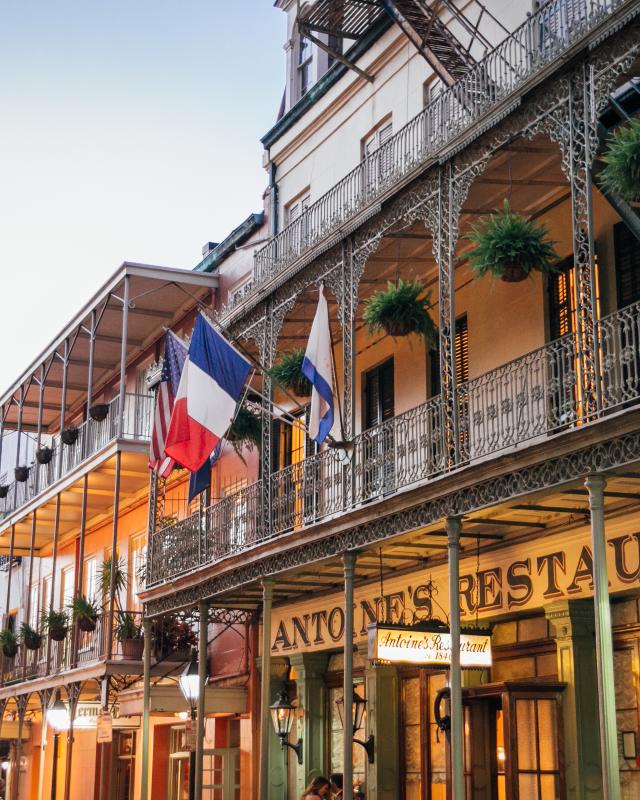Introduction
This post will examine the contributions of New Orlean’s cultures to the sound of early jazz.
History of the City of New Orleans
New Orleans was founded in 1718, as a part of the French Louisiana colony. It was sold to the United States in the Louisiana Purchase of 1803. Louisiana was a lot different from the rest of the young United States. Creole culture was Catholic and French-speaking while the rest of the United States was Protestant and English-speaking. People in New Orleans were mostly liberal with an appreciation for good food, wine, music, dancing, and festivals. The first American governor of Louisiana described the people of New Orleans as “ungovernable because of their preoccupation with dancing” (National Park Service). This Creole culture was not only influenced by Europeans but by Africans as well. After the Louisiana purchase, English-speaking Anglo and African Americans came to New Orleans. With this influx of African Americans, they brought elements of blues, spirituals, and rural dances to New Orleans music.

The Congo Square Dances

It was customary for slaves to get Sundays off from working. In New Orleans, slaves would gather in Congo Square. Slaves would have ring shouts, call-and-response, and dancing. They were allowed to express themselves for the entire day, and sometimes their owners and other white people would join them. This tradition ended before the Civil War.
Mardi Gras Indians
Mardi Gras Indians were gangs of black people who wore masks that resemble American Indians. They wore these masks on Mardi Gras day to honor the American Indians. They would roam the neighborhoods looking for other gangs to intimidate, and sometimes it would turn violent. Their demonstrations of intimidation included drumming, call and response, and chanting. These musical sounds were reminiscent of West African and Caribbean music. Mardi Gras Indian music has a sound similar to early jazz.
Reference: https://www.nps.gov/jazz/learn/historyculture/history_early.htm

